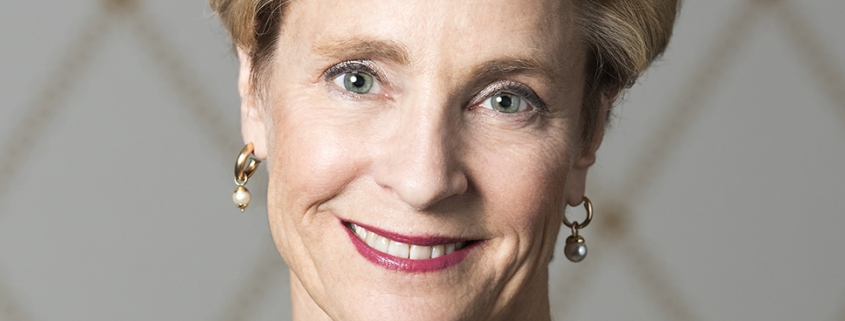CBD is not the cure for whatever ails you

Unless you’ve been living under a rock, you’ve surely seen the dozens of ‘miraculous’ CBD products available today. Health food stores, pet supply stores, gas stations, and even your neighborhood pharmacy and grocery stores are carrying a plethora of CBD-infused products. CBD is included in everything from lotions and oils, beauty products, pet treats, and “tampons.” You can buy CBD-infused workout clothing and even take CBD yoga classes.
CBD, or cannabidiol, is a compound found in cannabis and derived from the hemp plant. After the passage of the Farm Bill, CBD is now legal and CBD products are marketed as having little or no THC, the primary psychoactive element in marijuana. However, under the bill, these products may lawfully contain as much as 0.3 percent THC, which is enough to produce intoxication or a positive result on a drug test, which has led to many workers unwittingly losing their jobs.
Sales of products containing CBD have exploded in recent years. In 2018, Americans purchased $500 million in products containing CBD. By 2022, that amount is expected to more than triple to reach $1.8 billion nationwide.
Consumers, take note! Illegal marketing of these products include unsubstantiated health claims as innocuous as offering “a higher sense of well-being” to the extreme claims of therapeutic benefits such as treating Alzheimer’s and Parkinson’s disease, schizophrenia, or AIDS.
Our concern is that most CBD products on the shelves today fail to meet the safety standards we have come to expect:
- Most have not been scientifically tested for safety and efficacy.
- CBD product labels aren’t accurate in lists of ingredients and potency.
- The purity and potency of ingredients in most CBD products have not been verified by reliable third parties.
Without these safeguards, consumers may be using these products or offering them to their children and pets with blindfolds on.
Exaggerated claims of unproven benefits are nothing new, but with the legalization of CBD, there’s a new explosion of untested products that demand attention from regulators. CBD could be key to the development of many new treatments and therapies. One indication is the success of the first FDA-approved drug containing CBD in controlling two types of rare, childhood-onset seizures. However, without better regulation and enforcement, unsafe dosages of CBD and the use of adulterated products make for a minefield of consumer caveat emptor.
Clinical studies have demonstrated potential risks of CBD, including liver toxicity, fatigue, and harmful interactions with other drugs. The Food and Drug Administration (FDA) has recently begun to take action. In October, it issued a strongly worded advisory discouraging pregnant and breastfeeding mothers from using CBD products. It also recently warned a Florida company that was illegally selling unapproved products containing CBD online with unsubstantiated claims that the products treat teething pain and earaches in infants, autism, attention-deficit/hyperactivity disorder (ADHD), among other conditions or diseases. We welcome that action by the FDA, and we want to see it doing more.
Advocates recognize the dangers for consumers and we are mobilizing. Earlier this month, National Consumers League (NCL) staff presented at a roundtable discussion of consumers and other partners about FDA’s authority to protect consumers via product testing and regulation of product marketing. The discussion allowed further sharing of information and identified opportunities to bring commonsense changes to the marketplace.
Consumers need access to good information about CBD, how to understand concentration levels in products, and the products’ risks. The FDA should take a more active role as a regulatory agency overseeing products that make health benefit claims. Our regulators should help consumers understand the difference between FDA-approved medicines and consumer products, including a definition of a safe level of CBD.
We welcome the potential that CBD has to offer new therapies and treatments, but the products in the marketplace must be safe and proven effective with hard science. NCL is committed to doing its part to help protect and educate consumers.















